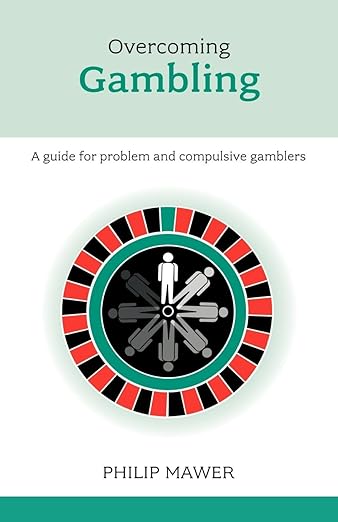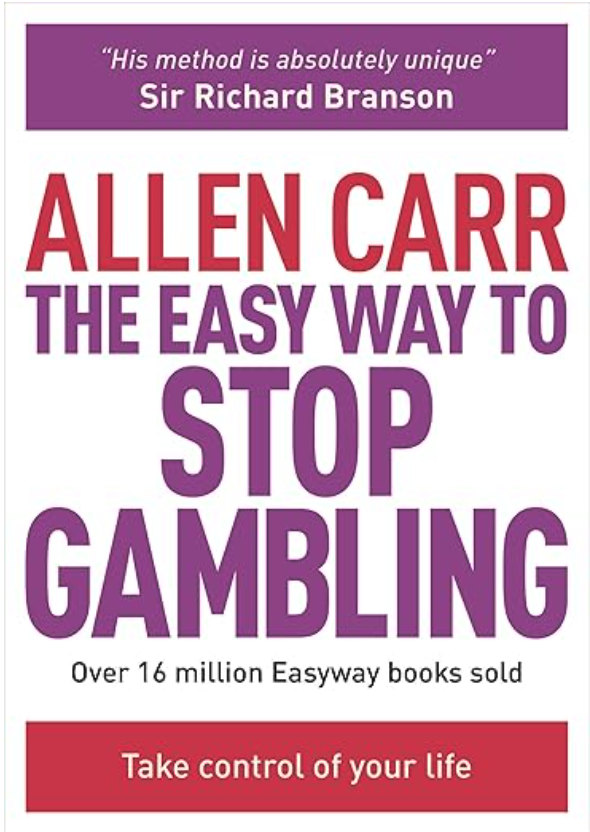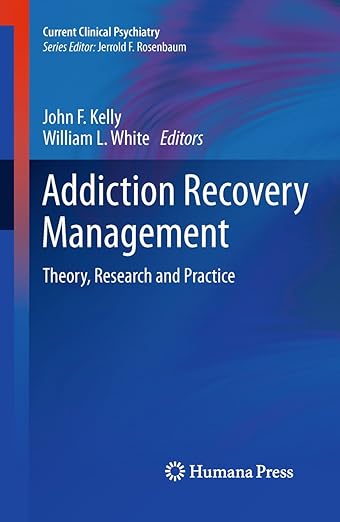Gambling urges don’t define you. With awareness and the right tools, you can outlast any craving and continue your path to recovery.
Why Coping with Gambling Urges Matters in Recovery
Gambling addiction is a powerful behavioral disorder that affects decision-making, emotional regulation, and impulse control. For many people in recovery, the biggest challenge isn’t just avoiding casinos or deleting betting apps—it’s managing the sudden, overwhelming urge to gamble.
Coping with gambling urges is a core skill in the recovery process. Learning to pause, breathe, and ride out these urges gives you the power to choose your actions, instead of being driven by impulse or emotion.
What Are Gambling Urges?
Gambling urges are intense cravings that create the illusion of urgency. They can feel physical, emotional, or mental—and often arise during moments of stress, boredom, or emotional discomfort. These urges are often short-lived but can derail recovery when misunderstood or unmanaged.
Understanding the nature of urges helps you prepare for them with compassion and strategy. An urge is not a command. It’s a signal that something deeper needs your attention.
Common Triggers Behind Gambling Cravings
Recognizing what activates your cravings is key to prevention and control. Triggers vary, but the most common include:
- Emotional distress: Anxiety, sadness, anger, or shame
- Boredom or loneliness: Lack of stimulation or connection
- Financial pressure: Hoping for a quick fix to debt or hardship
- Environmental cues: Ads, apps, sports events, or locations associated with past gambling
- Celebratory moods: Feeling excited or euphoric can also trigger the desire to gamble
By becoming aware of your unique triggers, you can develop proactive strategies for when they show up.
6 Proven Strategies for Coping with Gambling Urges
Here are practical, research-supported strategies to help you stay grounded when cravings strike:
1. Use the 15-Minute Delay Rule
Cravings often peak and subside within 15–20 minutes. When an urge hits, commit to waiting at least 15 minutes before taking any action. During that time, do something grounding—breathe deeply, go for a walk, or call someone supportive. You can also explore grounding the body through somatic recovery practices.
2. Reframe the Urge
Instead of resisting or fearing the urge, try acknowledging it with calm curiosity. Say to yourself, “This is just a craving. It will pass.” Naming and observing the urge helps create emotional distance and reduce its intensity. Many find strength in positive affirmations for recovery.
3. Avoid High-Risk Environments
If certain places, apps, or situations make gambling feel irresistible, avoid them when possible. Use app blockers, unfollow gambling-related pages, and be mindful of sports events or social settings that increase temptation.
4. Replace the Urge with Healthy Stimulation
Find rewarding, non-destructive alternatives that engage your brain and body. Try activities like cooking, art, physical movement, journaling, non-monetary gaming, or learning something new. These alternatives help retrain the brain’s reward center.
5. Build a Daily Routine to Reduce Boredom
Unstructured time often invites urges. Creating a predictable routine that includes physical, emotional, and creative engagement makes your recovery environment safer. Even simple plans—like reading for 20 minutes or going outside daily—can anchor you.
6. Keep a Craving Tracker or Urge Journal
Writing down your urges helps you identify patterns, triggers, and emotional states that lead to gambling thoughts. Over time, this builds insight and resilience. Include what helped, what didn’t, and how you felt before and after.
Mindful Tools for Craving Management
Mindfulness is one of the most effective tools for urge regulation. It trains your awareness and reduces reactivity. Here are gentle tools to support your journey:
- Visit our Free Resources for guided practices
- Subscribe to weekly recovery tips and grounding tools
- Explore Your Gambling Recovery Roadmap for step-by-step guidance
Helpful Resources for Coping with Gambling Urges
Please know that some links on High Stakes Healing are affiliate links. This means we may earn a commission if you make a purchase, at no added cost to you. These small contributions allow us to provide articles, tools, and support to those in recovery, while recommending only the resources we genuinely value.
Recommended Books
Professional Support Anytime
Healing goes deeper than mindset alone.
Somatopia offers somatic therapy-inspired courses that teach gentle, body-centered tools to help you manage urges, anxiety, and emotional fatigue from gambling recovery.
Supportive Podcasts
- Addiction Unlimited – Coaching and craving management
- Recovery Elevator – Stories of healing and relapse prevention
- The Addicted Mind – Psychology and science of addiction
When to Seek Extra Support for Coping with Gambling Urges
If urges feel overwhelming or you’re struggling to maintain progress on your own, professional support can make a powerful difference. Therapy, peer groups, or digital recovery programs can help you feel less isolated and more equipped.
Consider exploring therapy apps for gambling addiction if you need flexible, affordable, and private support.
Final Thought: You Are Already Doing the Work
Learning to cope with gambling urges is a skill—not a sign of weakness. Every time you resist a craving, reflect instead of react, and choose healing over habit, you reinforce your strength.
The urges may come. But they do not control you. With practice, tools, and self-compassion, you’ll move through them more easily and stay grounded in your recovery path.
You are not broken. You are healing. And you’re not alone on this path. Visit gambling addiction support homepage for needed support and inspiration to overcome addiction.








